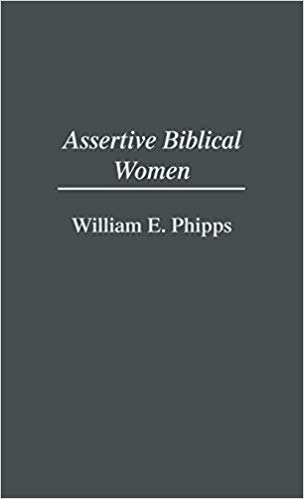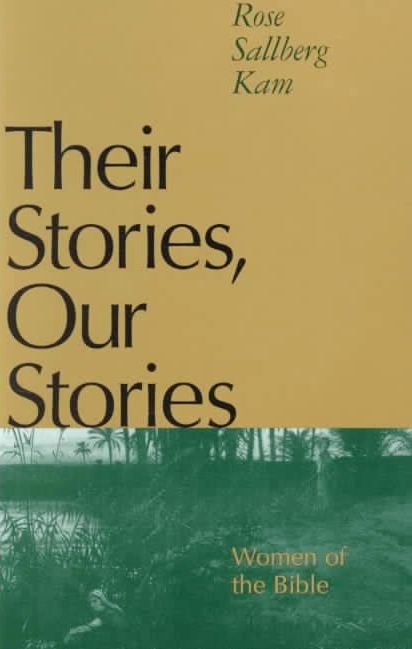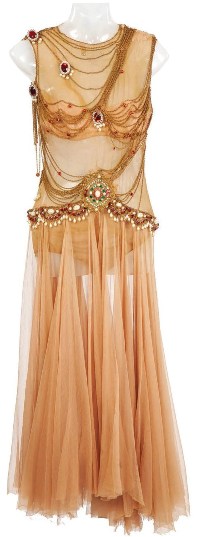What’s on this page?
Books about the Bad Women in the Bible.
What do they say about Jezebel, Delilah, Salome, Lot’s wife?
What are the new ideas they present?
‘In the Bible, Hurricane Jezebel sweeps inland from the coast of Lebanon to the hills of Israel. The priest’s daughter does not heed the words in the wedding psalm to “forget your people and your father’s house” nor does she view Ahab as her “lord.”
Jezebel is quick to import the practices of her culture, religious as well as artistic. Even as foreign wives persuade the tolerant Solomon to build places of pagan worship in Jerusalem, so Jezebel pressures prince Ahab to erect a sanctuary for Baal that contains an image of Asherah in the Israelite capitals.
A zealous foreign missionary, Jezebel personally supports 850 prophets of Baal and Asherah. “Baal” is a general Canaanite term signifying ownership by a god or human, but Melkart, the patron deity of Tyre, is probably the local god connoted by that term in the biblical account here.
Unlike her spouse, Jezebel opposes patronizing both Baalism and Yahwism. She seeks to eliminate competition by killing the prophets of Yahweh, and she causes many to hide in caves. Jezebel imitates the ferocious nature of the goddess she worships.’
Assertive Biblical Women, William Phipps, Greenwood Press, Connecticut, 1992, p.71.
__________________________
‘In the Bible, Elijah, a prophet of Yahweh, arises to challenge the religion that Israel ’s first lady is promoting. Elijah and Jezebel agree on several basic matters:
- that religion is indispensable to a culture,
- that peaceful coexistence between Yahweh and Baal is impossible, and
- that killing spokespersons of the other ’s religion is justifiable.
By contrast, Ahab is a pragmatic pluralist who is willing to endorse a syncretistic religion, which may promote the success of his schemes and provide bounty for his people. His vacillation can be seen in his building a pagan temple and still consulting prophets of Yahweh regarding a battle against Syria.
Elijah, however, urges an either/or selection between the rival religions rather than “limping first on one leg and then on the other.” Since the Baalists recognize the broad popularity of their religion and its association with art and trade, they presume that they will win in a national preference contest. Thus they accept Elijah’s generous offer to conduct an elimination contest on turf sacred to Baal.’
Assertive Biblical Women, William Phipps, Greenwood Press, Connecticut, 1992, p.72.
‘Ever since Sigmund Freud replaced the Heavenly Father as a source of moral law, we have been taught to regard the taboo against incest as something deep and powerful, ancient and universal, and that is why the scenes of sexual intercourse between Lot and his own daughters are so shocking and unseemly when we encounter the story in the Holy Bible.
But the fact is that the biblical world (and, as we shall see, the Bible authors) regarded incest with far less horror than we might suppose by reading the catalogue of sexual prohibitions in the Book of Leviticus.
 Sexual relations between blood relatives were not universally condemned in the faiths and cultures of the ancient Near East. For example, the powerful empire of Mesopotamia, the place where Abraham and Lot were born, tolerated incest among gods if not among ordinary human beings. Although a prohibition against sexual intercourse between a father and his daughter is literally chiselled in stone in the Code of Hammurabi, the sacred myths of ancient Mesopotamia depicted the gods in sexual couplings with their own offspring and siblings.
Sexual relations between blood relatives were not universally condemned in the faiths and cultures of the ancient Near East. For example, the powerful empire of Mesopotamia, the place where Abraham and Lot were born, tolerated incest among gods if not among ordinary human beings. Although a prohibition against sexual intercourse between a father and his daughter is literally chiselled in stone in the Code of Hammurabi, the sacred myths of ancient Mesopotamia depicted the gods in sexual couplings with their own offspring and siblings.
The laws and customs of ancient Egypt, the place to which Abraham and Lot travelled in search of sustenance during a famine, were more even-handed: Gods and human beings alike were permitted to engage in incestuous marriages under certain circumstances.
- Since under Egyptian law property descended from a mother to her eldest daughter, rather than from father to son, a father might resort to marrying his own daughter (or a son might marry his sister) in order to prevent the family wealth from falling under the control of the man whom the daughter married.
- And a reigning pharaoh might wed his own sister in imitation of the myth of Isis and Osiris, the sibling-lovers with whom the rulers of Egyptian identified themselves.
The land of Canaan, located to the west of Mesopotamia and to the north of Egypt, fell within the contesting spheres of influence of both civilizations, and the Israelites who came to live in Canaan encountered a local tradition that imagined the Canaanite god called Baal in sexual union with his sister, Anat.
Still, by the time the Israelites conquered and settled in Canaan after the Exodus from Egypt, the laws that are preserved in the Five Books of Moses—the first five books of the Hebrew Bible—plainly and pointedly condemned all forms of incest as practiced by non-Israelites.’
The Harlot by the Side of the Road, Jonathan Kirsch, Ballantine Books, New York, 1997
‘Though attempting to deduce a woman’s nature from the character of the people around her is laden with pitfalls, many interpreters presume that Lot’s wife grew up in Sodom and subscribed to the corrupt values of its inhabitants. Even though we are given no evidence that she approved Lot’s greed or incited him to even greater avarice, this tradition maintains that she so idolized material goods as to trade her life willingly for one last look (at Sodom).
If such a view were correct, it would imply other assumptions as well.
- For example, we could easily imagine Lot’s wife as a woman who would refuse to cook dinner for strangers brought in from the streets.
- We could assume that she would have been materialistic and preoccupied with the fam- ily image.
- We could imagine that, like her sons-in-law, she would have considered the prediction of catastrophe at best a tasteless joke.
- And, like the painter Rubens, we could certainly imagine her begging the angels for time to load a string of donkeys with all the comforts of home.
Such assumptions, however, judge Lot’s wife “guilty” on the slimmest of circumstantial evidence. In the actual context of Genesis, her fate reads as little more than a curious anecdote—an aside in a cycle of stories orchestrated to contrast two men: the wise and just Abraham, who speaks intimately with God; and the weak and grasping Lot, whose life is spared only for his uncle’s sake.’
Their Stories Our Stories,Rose Sallberg Kam, Continuum, New York, 1995, p.49
By Delilah’s time, surely every woman of Philistia knows about Samson’s brutal rages; and their own men’s savage execution of Samson’s wife has undoubtedly bred equal terror in their hearts. Yet the men of Philistia continue to cultivate their hatred of Samson and to seek revenge.
Samson’s obsession with Delilah offers them the opening they seek. Delilah seems to be a well-born woman or, if a prostitute, no ordinary one, but rather a high- class courtesan, for she deals familiarly with the leading men of Philistia.
Just as they still harbor their long-term resentment of Samson, however, perhaps she still nurtures grief over the fiery fate of Samson’s wife. If she is a prostitute, perhaps she has worked her own subtle vengeance for the other woman’s death by milking her clients of the heftiest fees she can command. In any case, she has become known as someone who can be bought—for a generous price.
That reputation saves her. Would men willing to spend so much on Samson balk at taking the life of anyone who thwarted them? Although the threat is veiled, Delilah knows it is there, and her sin, if sin exists, is to place a higher value on self-preservation than on loyalty to an outsider.
As commentator Mary Cartledge-Hayes wryly observes, ‘Delilah typifies the fact that women may be powerless, but they don’t have to die as a result. Sometimes they get lucky: They escape with only the hatred of generations to come.’
Their Stories, Our Stories, Rose Sallberg Kam, Continuum New York, 1995, p.112-3





